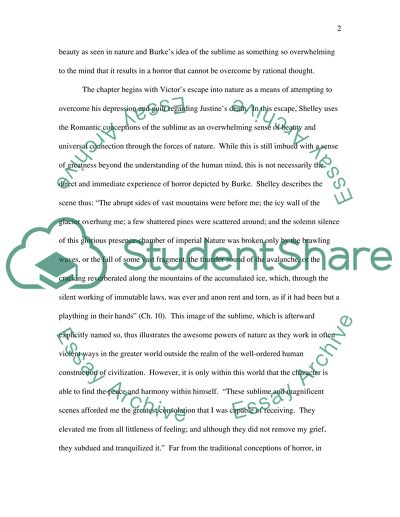Cite this document
(“Frankenstein Essay Example | Topics and Well Written Essays - 1000 words - 2”, n.d.)
Frankenstein Essay Example | Topics and Well Written Essays - 1000 words - 2. Retrieved from https://studentshare.org/miscellaneous/1545337-frankenstein
Frankenstein Essay Example | Topics and Well Written Essays - 1000 words - 2. Retrieved from https://studentshare.org/miscellaneous/1545337-frankenstein
(Frankenstein Essay Example | Topics and Well Written Essays - 1000 Words - 2)
Frankenstein Essay Example | Topics and Well Written Essays - 1000 Words - 2. https://studentshare.org/miscellaneous/1545337-frankenstein.
Frankenstein Essay Example | Topics and Well Written Essays - 1000 Words - 2. https://studentshare.org/miscellaneous/1545337-frankenstein.
“Frankenstein Essay Example | Topics and Well Written Essays - 1000 Words - 2”, n.d. https://studentshare.org/miscellaneous/1545337-frankenstein.


